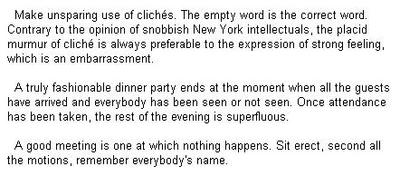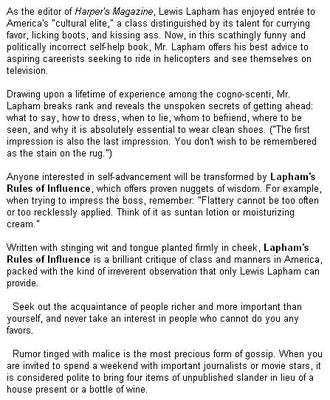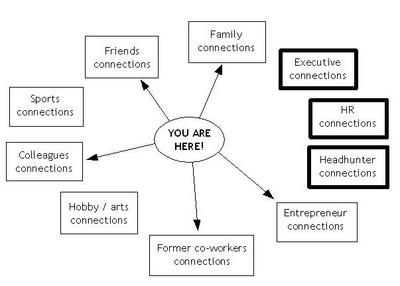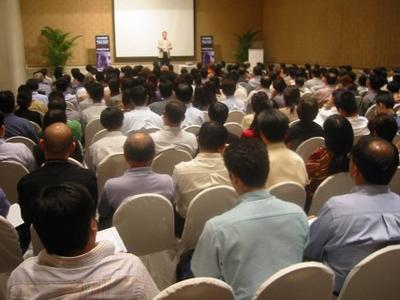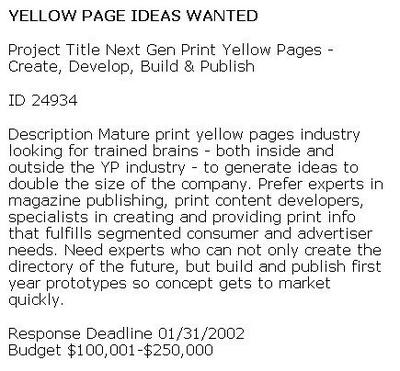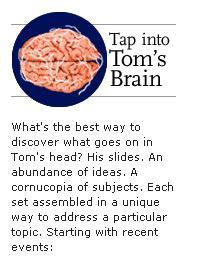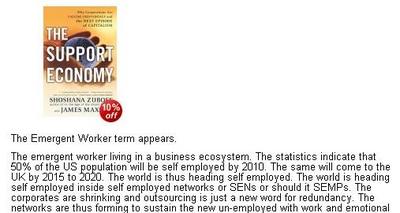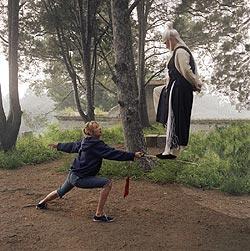 The career game is rapidly becoming overt naval warfare, where an ambitious careerist has to "fight it out in the open" against other equally able career competitors.
The career game is rapidly becoming overt naval warfare, where an ambitious careerist has to "fight it out in the open" against other equally able career competitors.
This overt warfare happens, I think, because more and more information about one's career is being made public via LinkedIn (assuming you are a LinkedIn user).
This dramatic increase in career information transparency, especially within a group of friends or co-workers, is not a bad thing.
For example, it somehow provides a definite incentive to being honest and truthful about one's professional experiences, current status, and career objective.
(You can't really lie or stretch the truth about your previous professional employment, because everyone only has one profile, which is publicly accessible to all people, including previous employers! You also can't decide to have two "tactical" resume versions, depending on which position you apply for.)
To use an old adage, "What you see is what you get." There's no place to hide.
You have the right to remain silent (or vague), except that the less you reveal, the more people might perhaps conclude (rightly?) that you have something to hide.
You might create doubt in people's mind, which may not be good, because LinkedIn is, after all, a trust-based network!
So since most career information will be out there, the only way to successfully manage one's career is to proactively and aggressively engage the enemy. By this, I mean to properly do one's research and analyses of the competition.
For example, if you were a KM consultant like me, you would search for all LinkedIn users who currently have the words "KM" in their title.
I'm not saying all these other KM consultants suddenly become my enemies; in fact, I'm rather friendly by nature, so I suspect I would gladly collaborate with them perhaps on joint projects.
What I'm saying is that your competitors will check you out, so it is wise for you to perhaps take the lead and check THEM out. At least, you know what you're up against.
I strongly suspect the career game will become naval warfare. It may not be as violent (I don't think anybody will shoot cannon balls at you), but the consequences will be as radical and decisive.
This is so because the number of jobs is limited. If your career competitor gets the job you wanted, then you simply cannot have it. What if it were your dream job? What if it were the job that would have truly launched your career? Well, I guess we'll never know.
Given all this, people who are serious about their career will have no choice but to learn war strategy skills in order to successfully wage wars on cyber seas.
